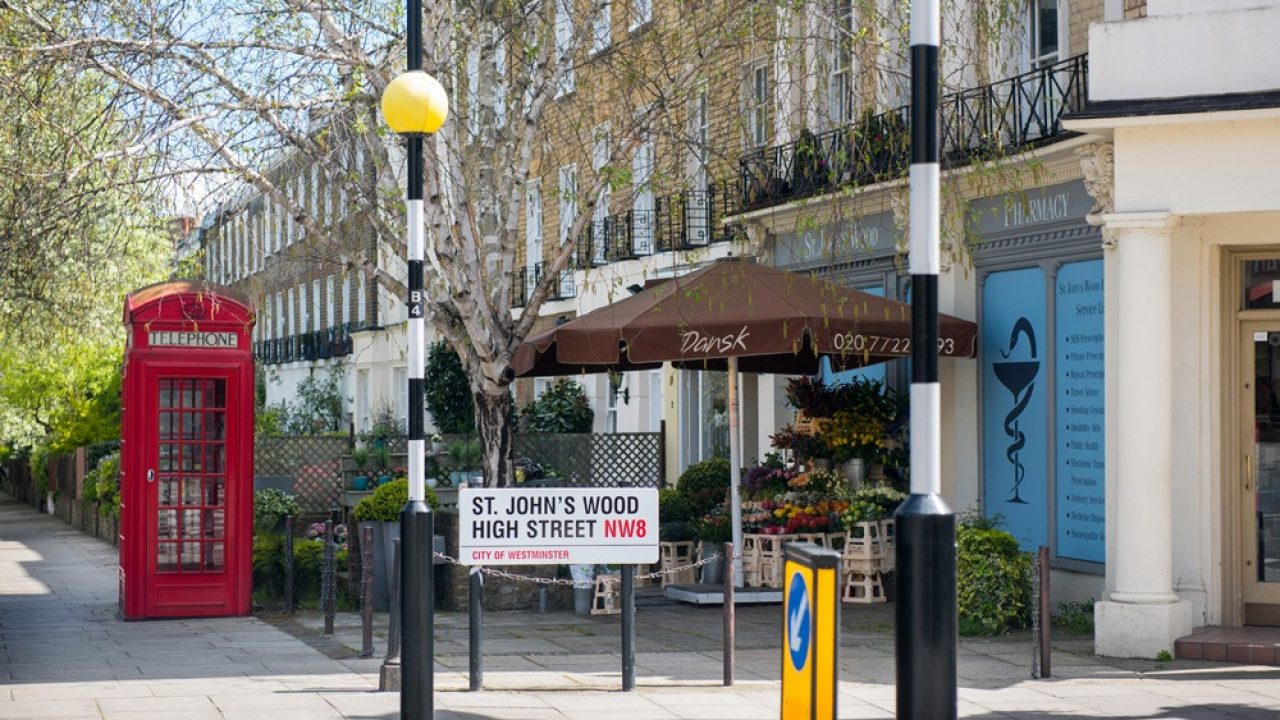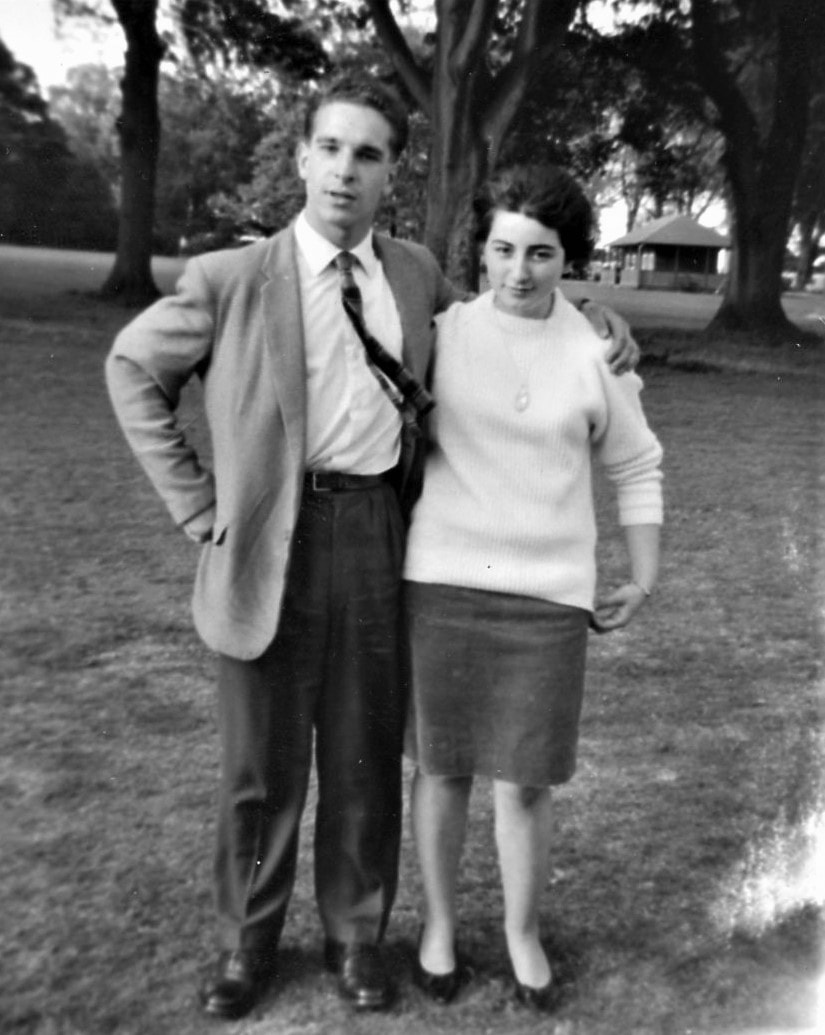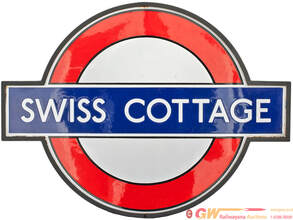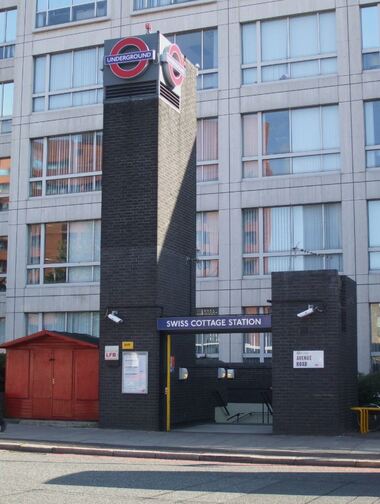Have You Got a Start, Sir? by Ronald Mackay
HeffyougotashterrtSorr?
During term-time, my budget was £5 a week. That had to cover everything including rent and food. Entertainment was optional. It depended on whether I chose to spend my last shilling on a pint among friends at the Student’s Union or slip it into the gas meter for two hours of solitary warmth.
Don’t get me wrong! I’m not complaining. That was student life in the mid-1960s – prudence and parsimony. Fees were paid by the municipality, but like many Scottish students whose parents couldn’t subsidise them, I had to cover all the rest.
It wasn’t that bad. Then, student expectations were modest. We walked to class. Our clothes came from the ex-army store. In unheated basements, we slept two to a room. Few of us owned even a radio.
We attended university to study; to grow up; to listen, read and learn; to write exams with confidence; to secure a good degree. Our ambition was to become educated, to take a step closer to a career that would lift us one step up and so, we strove, we sacrificed. Our duty was to satisfy our parents that their offspring were advancing intellectually, morally, and materially.
***
To obtain money so that I had the £5 a week during term time, I worked during the vacations. Vacations were long. Three weeks at Christmas meant delivering parcels and Christmas cards for the Post Office. Three weeks at Easter meant working as an assistant skin-grader at the Hudson’s Bay warehouse in the City of London. Four whole months in the summer was our really big opportunity to earn.
During my first summer, I’d worked underground, excavating tunnels through the core of a Scottish mountain so that an entire hydroelectric power station could be installed inside. That had paid well but I didn’t want to repeat the experience for several reasons.
The first was that it meant spending twelve claustrophobic hours, alternating nightshift and dayshift, deep in the bowels of Ben Cruachan. Work paused only when the blasters detonated dynamite. We donned masks, waited for the dust and gases to clear, and continued our labour.
The second was that we lived in temporary huts, two to a tiny room. My co-workers were tough Scottish or Irish navvies who spent their earnings on drink every two weeks when the shift change gave them thirty-six hours off.
The third was that unskilled work and desolate camp living attracted many recently released from prison. The most common conversational opening was:
“How long’ve you been oot, then?”
When first asked that question, I was puzzled. But soon I heard the old timers talk about their repeated incarcerations in Barlinnie and Peterhead, Scotland’s most notorious prisons.
Criminal tendencies and alcohol led to violence. It was common for men to start a new shift after 36 hours on the ran-dan with broken noses and black eyes. Murder disguised as a mine accident was not unknown.
Can you blame me for preferring to work in London where there was a building boom in the ’60s? My mother and sister had moved from Scotland to London two years earlier, so I could count on my own bedroom and congenial company if I could find work on a building site close enough for me to commute.
Work had to be found quickly. My savings were depleted. Being a burden on my mother was not an option.
***
At the end of each semester, Aberdeen University Students’ Union hired a bus to drive English students to London. The cost -- £4 – was beyond my means, so I hitch-hiked alone. With years of experience, I knew that my best bet lay with lorry-drivers who preferred quiet nights to make their journeys.
***
My mother and sister were delighted to see me when I knocked at the door of their rented flat in St John’s Wood less than twenty-four hours after having left Aberdeen with my thumb out.
When they left for work the following morning, so did I. My need for paid employment was urgent.
***
I took the Tube to Tottenham Court Road and walked from one noisy building site to another. I’d approach a labourer, catch his attention and ask:
“Do you know if there’s any chance of a job here?”
By midday, I’d made the same request at nine building sites. At four, I’d been met with befuddled looks. At five, I’d been told to “Eff-off, Jock” by Paddies protecting their turf. The Irish, of whom there were many in London, called us Scots, “Jocks”. We Scots, who also were many, called the Irish, “Paddies”. We competed for work.
At noon, I counted my change and entered a Lyon’s Cornerhouse to take stock over a cup of tea. The middle-aged Cockney waitress gave me a motherly smile and I felt obliged to leave a threepenny piece under my saucer.
Only a couple of shillings left!
***
Reinvigorated by the tea, I approached a labourer on the next site I found. He was mixing cement.
“Do you know if there’s any chance of a job on this building site?”
A year or two older than me, he had the physique and brogue of an Irish farmer. Instead of telling me to ‘Eff-off’, he smiled.
“Can you finish concrete, Jock?” he asked.
I paused, trying to figure out what he meant by ‘finish concrete’. He pointed to the group of men he was mixing the cement for. Using plasterers’ trowels, they were rendering a rough concrete wall with deft strokes. He spotted my hesitation.
“Would dis be your ferst toime to work on da buildins, Jock?”
I nodded.
“I tot as much. You’ll never get a job dis way!”
“I won’t?” I gave him my full attention, sorely needing advice.
“No! First you esk for de site agent. He runs de show. When you find him, you ask, “Heffyougotashterrtsorr?”
“Heffyougotashterrtsorr?” Puzzled, I repeated the phrase. “Sorry, I don’t speak Gaelic,”
“I’s speakin English, Jock. “Heff-you-got-a-shterrt,-Sorr?” He uttered one word at a time.
Ah! He’s advising me to ask the site agent: ‘Have you got a start, Sir?’
“A start? A job?”
Relieved that I was not, after all, mentally deficient, he nodded. “Dat’s how you ask for da job in England. A shterrt! Den he asks you, “What do you do?”
“What do I say?”
“Lackin experience on da building sites, like you? You say: ‘I work in da heavy gang.’”
“The heavy gang?”
“Dem who only know da pick, da shovel and da crowberr.”
“I’ve used all three.”
“Well, den!” He leant close as if sharing a secret, “Dere’s a taal buildin goin up at Swiss Cottage. Go dere. Ask da site agent for a shterrt.”
One of the concrete-finishers shouted for more cement and my Irish saviour waved me well.
***
With my last coins, I bought a ticket for Swiss Cottage and emerged onto the junction of Finchley and Belsize Roads. Two storeys of new building were emerging from a shuttered site with a crane towering over it.
“Can’t come in here, mate!” the guard in the security office stopped me.
“I’ve been asked to report to the site agent,” I fibbed.
He spoke into a walkie-talkie.
“Up on the second floor. He’s checking a concrete pour.”
I climbed rough stairs that smelled of raw concrete, then a ladder and finally emerged into the open air. I saw a massive stretch of reinforced steel rods formed into cage-like beams and a series of concrete pillars joined by loose six-inch scaffold planks. I paused to get my bearings. The skip dangling from the tower crane released a massive pour of wet concrete that filled one of the steel cages.
“Where’s the site agent?” I asked a labourer.
He pointed to a group of men watching the concrete spread into and cover the steel rods.
The only way I could reach them was by walking a six-inch plank between two pillars. It looked precarious but I’d come a long way and was getting desperate. I wasn’t going to back out now.
I set off along the plank in the direction of the men in white and blue hard-hats. Astonished, they looked up as I approached. I did my best to appear confident despite a drop of ten feet onto bare steel below.
“Which one of you is the site agent?”
Silently, they stared at me. Finally, one nodded.
“What the f*** do you want?”
“I want a start,” I told him boldly.
“An effing start? What the f*** can you do?”
“Heavy gang.”
The agent turned to a rough man in a blue hard-hat. “Pat?”
Pat shook his head. “Only Paddies for me. A Jock’s no good.”
The agent shrugged. “Hear that, Jock?”
Another man in a white hard hat, who’d been watching me intently, interrupted:
“You walked that effing plank just to get an effing start?”
I wasn’t sure if this was surprise or criticism, so I just nodded.
“I know who could use a man like you. I’ve got a pair of brickies looking for a hod-carrier. Ever carry a hod, Jock?”
I knew a hod was used for carrying bricks. I’d only seen a picture of one but I couldn’t go home to my mother that evening without the promise of a wage.
“I’m Phil, the sub-agent. Wait for me down at the site office, Jock.” Phil returned to supervising the concrete pour with the agent.
***
“Here’s Jock. An experienced hod-carrier.” Phil presented me to two brickies who scrutinised me like I was a monkey in the zoo.
One extended his hand. “Sid.”
Then the other. “Bert.”
“Know how to mix muck?” asked Sid.
“’Course he effin don’t!” Bert answered for me.
“Know what a fletton is?” asked Bert. “A blue bobby? A cherry red?”
“’Course he effin don’t!” This time Sid answered for me.
Both Cockneys, brim-full of wit. Their eyes sparkled. Repartee was their stock-in-trade.
***
“I’ve got a job within walking distance of the flat!”
My mother and sister were surprised and delighted when I told them how I’d come by it.
***
That summer, was enjoyable and informative. I mixed muck and carried flettons twelve to a hod, for Sid and Bert who, if there was any real justice in the world, would have starred in their own TV comedy series.
***
To this day, I’ve been grateful to that Irish labourer on Tottenham Court Road. His thoughtful patience kick-started my working life in London, a city I grew to love above all others. His warm Irish brogue still rings in my memory:
“HeffyougotashterrtSorr?”















